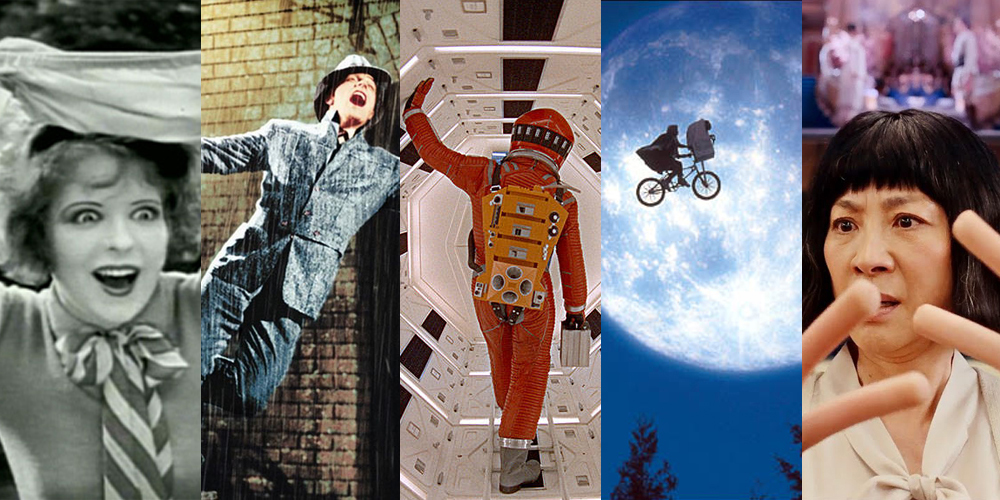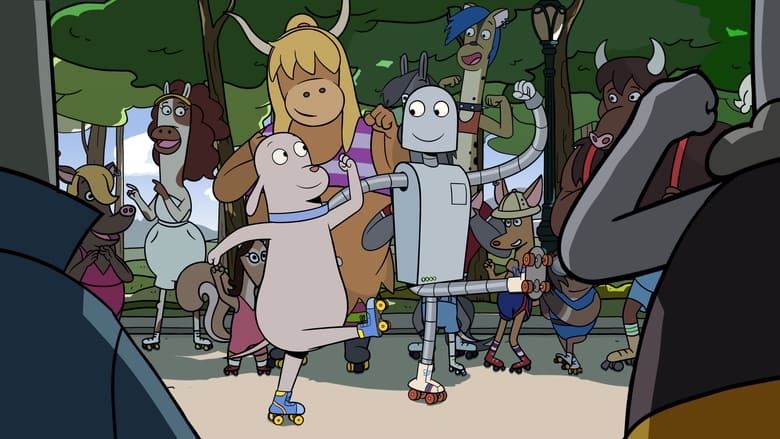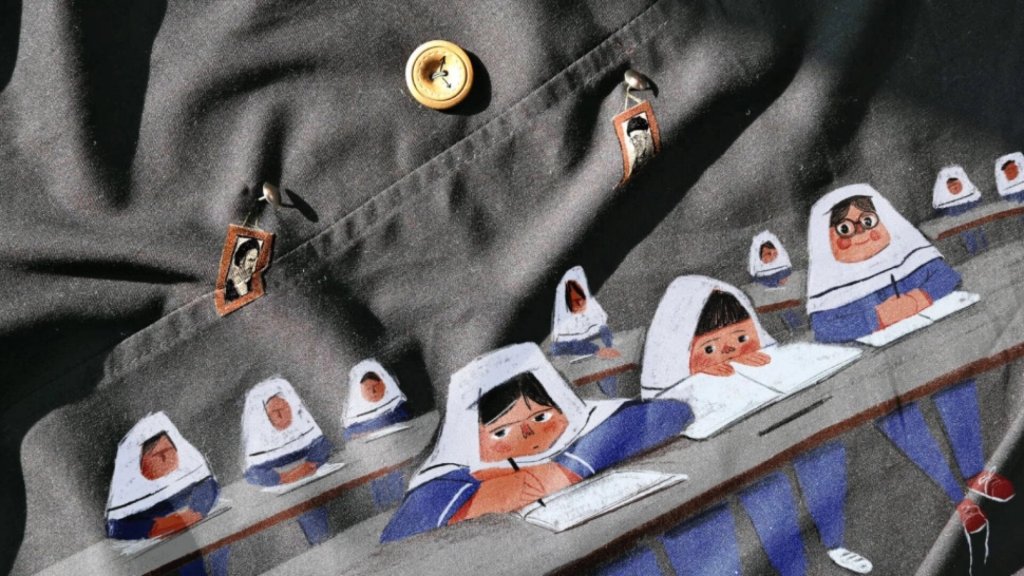“-I’ve scarcely spoken to an Indian since we landed.
-Lucky you!”
It seems most of the English people in A Passage to India have no problem carrying and displaying this disdainful, colonial attitude, holding themselves and their culture at a much higher esteem than anything in India. Throughout the film we see polite and proper English hold their noses as Indians pass by, enjoy elegant tea parties with a band full of native Indians playing British tunes as they dine and play polo. To an idle eye just flipping channels, the Indian setting might be completely lost at times due to the heavy English influence.
However, Miss Adela Quested (Judy Davis) and Mrs. Moore (Peggy Ashcroft) are itching to see the real India, something their English friends don’t understand or recommend. Adela is young and adventurous and I believe Mrs. Moore doesn’t want her to be stuck in a life of quiet repression so early. The fact that Adela is engaged to Mrs. Moore’s stick-in-the-mud son, Ronny (Nigel Havers), the British magistrate, gives both women the silent, but mutual, push to find one final chance at adventure. India seems to be just the place that can be so full of new discoveries and when Mrs. Moore accidentally meets Dr. Aziz (Victor Banerjee) there seems to be potential for great intercultural friendships as well.
Aziz is a smart and kind man, who holds the English in very high regard. After being invited, at Mrs. Moore’s request, to meet Adela with Professor Godbole (Alec Guinness), and English Professor Fielding (James Fox) from the university, Aziz offers to take the ladies to the caves. It’s simply an enthusiastic gesture of kindness and hospitality, but Aziz realizes he’s not prepared to take English women out on a picnic.
To adequately provide for these women, as he feels he should on such a journey, Aziz gets all his friends to help in providing refreshments, furniture to set up outside the caves and even a painted elephant to take them to the caves. It’s one extravagant gesture of kindness after another with Aziz to impress these friendly visitors. But his reward is less than grateful after Adela accuses him of attempted rape. How do you think a court in a British colony will treat an Indian man under this accusation?
Leading up to the picnic excursion, we watch Adela discover ruins of a temple, complete with erotic statues. Surely, the young English maiden is shocked by the unbridled images, perhaps she can’t even comprehend them. From them, we are to believe that she understands a sense of passion about them, something she realizes she will never find from her rigidly pent up fiancé. This moment of discovery and the accusation of rape are not directly linked, but come about by the new ideas forming in Adela’s mind.
A Passage to India is the last of David Lean’s sprawling epics. The images he shows us of India are more beautiful than the colonizing British can appreciate. There’s a mysticism at times that can permeate through the film, and the echoes within those caves can haunt even the most grounded individual. See this film to find out if Aziz is innocent or not. Love it for its natural beauty.
“My dear, life rarely gives us what we want at the moment we consider appropriate. Adventures do occur, but not punctually.”









Leave a comment